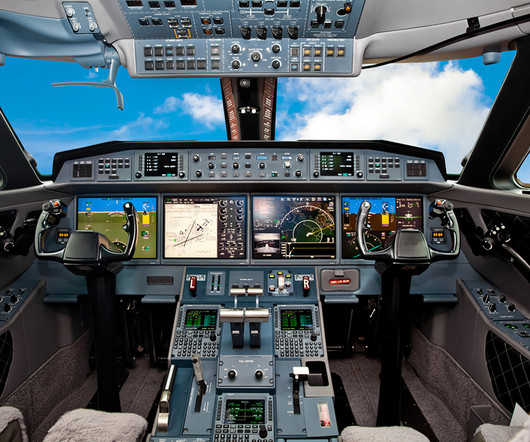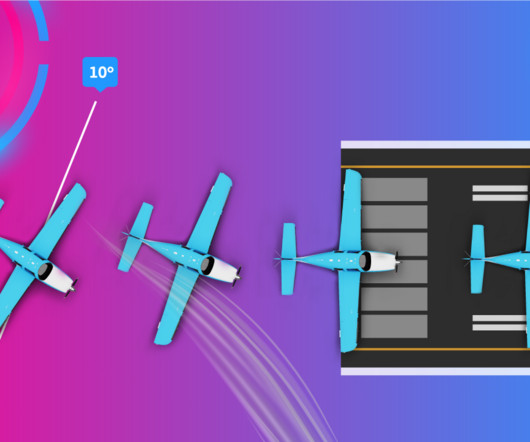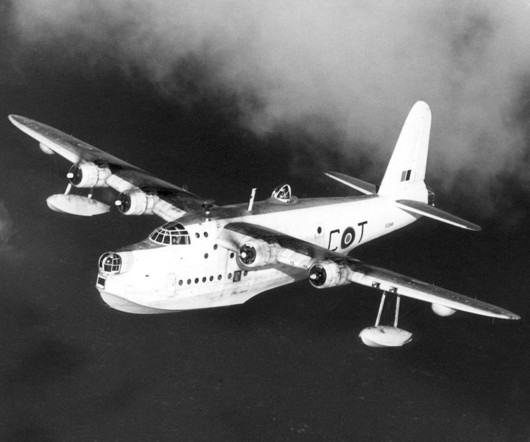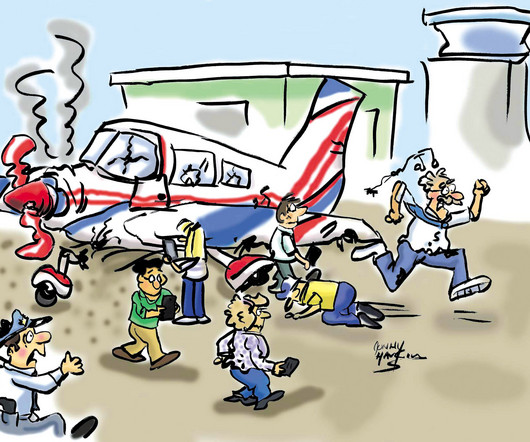Examining over 100 years of flight automation and the history of the autopilot
Aerotime
APRIL 3, 2025
His system would provide an aircraft with automatic stability and control mechanism, through the control of the ailerons, stabilizer, and tail rudder through the use of a set of simple gyroscopes. As the French mechanic slid himself along the wing of the aircraft, shifting its center of gravity, the aircraft became unbalanced.





















Let's personalize your content